Employment and labor issues continue to be debated this year - by Michael McDonagh
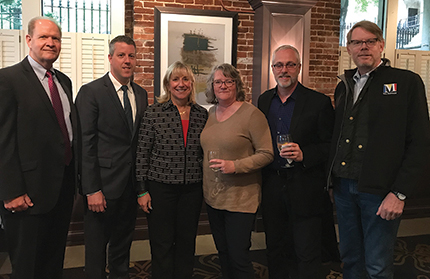
senate president Karen Spilka, ASM president Sue Mailman,
ASM president-elect Peter Gormley, and ASM director Peter Townsend.
It is hard to believe that we are already at the mid-point of 2019. While we remain busy with our legislative and advocacy efforts on state issues and our signature annual golf tournament in July, we have already turned an eye toward fall programs and events. Our safety roundtable, which is open to all our member companies, will meet three to four times this fall to learn about hot industry safety topics. Other programs this fall will include seminars on business, insurance, and legal topics for subcontractors. Laws constantly change and new trends emerge. Our focus is to keep our members as up to date as possible with the most current and relevant information for their business. We are very excited for our signature event this fall when we will hold our biennial gala to celebrate our industry and install our new officers and directors. But in the meantime, our advocacy on issues has not slowed down. Here is a snapshot of some current issues.
Employment and Labor Issues Continue to be Debated on Beacon Hill
In May we reported on ASM’s testimony and concerns about legislation requiring employers to provide advance notice to employees for their work schedule, the so-called “predictive scheduling” bills. More recently, ASM testified at a public hearing on several bills addressing “wage theft.” Wage theft occurs when an employer doesn’t pay their employee their wages, overtime wages, benefits, taxes, or otherwise violates our wage laws. According to the attorney general’s office, $9.6 million was collected in 2018 in restitution and penalties, primarily against offending restaurants, hospitality companies, and construction companies. ASM supports strong enforcement of our wage laws and supports an amendment in the current state budget to provide additional funds to the attorney general’s office to hire more investigators and attorneys to enforce the current law.
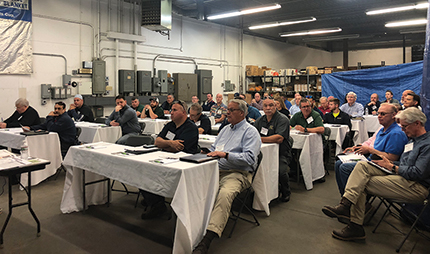
to learn about the new aerial lift standards effective in December.
What we do not support, and we made clear at the public hearing, is holding innocent construction companies liable for violations of other companies through the concept of “vicarious liability.” This concept would apply to every business entity in the commonwealth that contracts with another business for labor or services of any kind. It makes every employer in the commonwealth, in every industry not just construction, potentially liable for wage violations against workers who are not their own employees. It holds the innocent company responsible, even if they did not know – and had no way of knowing – that the companies they hired were cheating. ASM will continue to work with the legislature, our industry partners, and all stakeholders on this issue to try to find a solution that is fair and effective.
Another topic that was highlighted by the legislature in June is the issue of workforce development. ASM testified in support of a bill that would seek to increase high school student access to vo-tech schools. In many parts of the state there are waiting lists for students to seats in vo-tech schools, which for many, provide an alternative to traditional college with an opportunity to gain a still or trade and a rewarding career. The pending legislation would create a new deputy commissioner position in the state Department of Education. This person would be responsible for overseeing technical schools, expanding programs and reducing waiting lists. A special taskforce would also be created to further study ways to provide more state funding for vo-tech schools. At the hearing, eleven people from different organizations and industries testified in favor of the bill, while no one spoke in opposition. The issue likely now becomes part of the larger education funding discussion and debate that will hopefully be resolved on Beacon Hill sooner rather than later.
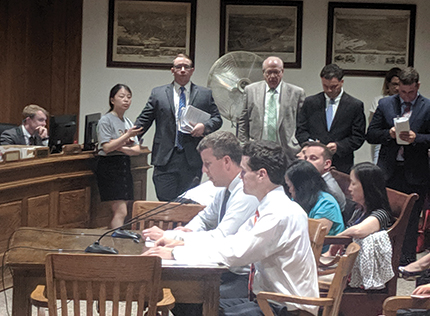
State House before the Joint Committee on Labor and Workforce Development
on a bill that would bring fairness back to indemnification clauses in construction contracts.
Indemnity Still an Issue for Subcontractors
When it comes to business issues that can keep a subcontractor awake at night, indemnification clauses come to mind. A bill filed by ASM would provide some relief by putting a stop to unfair contract provisions that force subcontractors to take responsibility and pay for the costs of injury or property damage caused by someone else. Technically speaking, Massachusetts already has a law on the books to prevent this in M.G.L. c.149, §29C. It is a law meant specifically to protect subcontractors, by prohibiting contract terms requiring a subcontractor to indemnify anyone for injury or damages not “caused by” the subcontractor. But unfortunately, the law has been gutted by a series of court decisions over the past 25 years, and now provides no protection at all. The courts have defined “caused by” so loosely that subcontractors can now be held 100% responsible for accidents where they were only 1% at fault. This bill would restore the original intent of the law and bring some fairness back to the subcontractors.
Michael McDonagh is the CEO of of the Associated Subcontractors of Mass., Boston.
Timberline Construction Corp. completes renovation for Notre Dame Long Term Care facility


It’s time to lead: Confronting mental health in construction - by David Watts
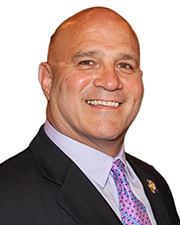
Insulation experts are the unsung heroes of our clean energy progress - by Jeffrey Saliba
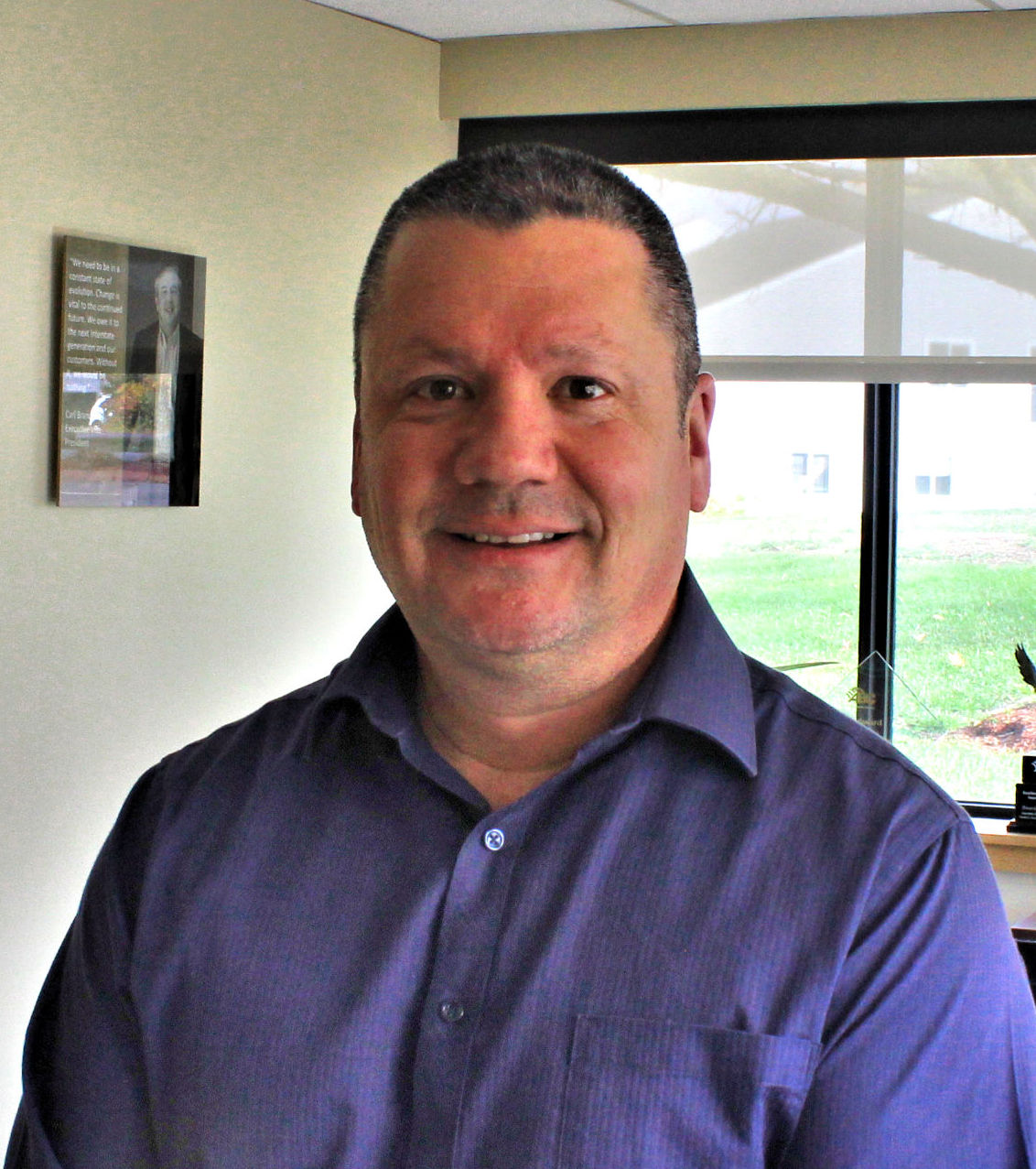
Ask the Electrician: How do I prepare my commercial building for a disaster?


.png)








.png)